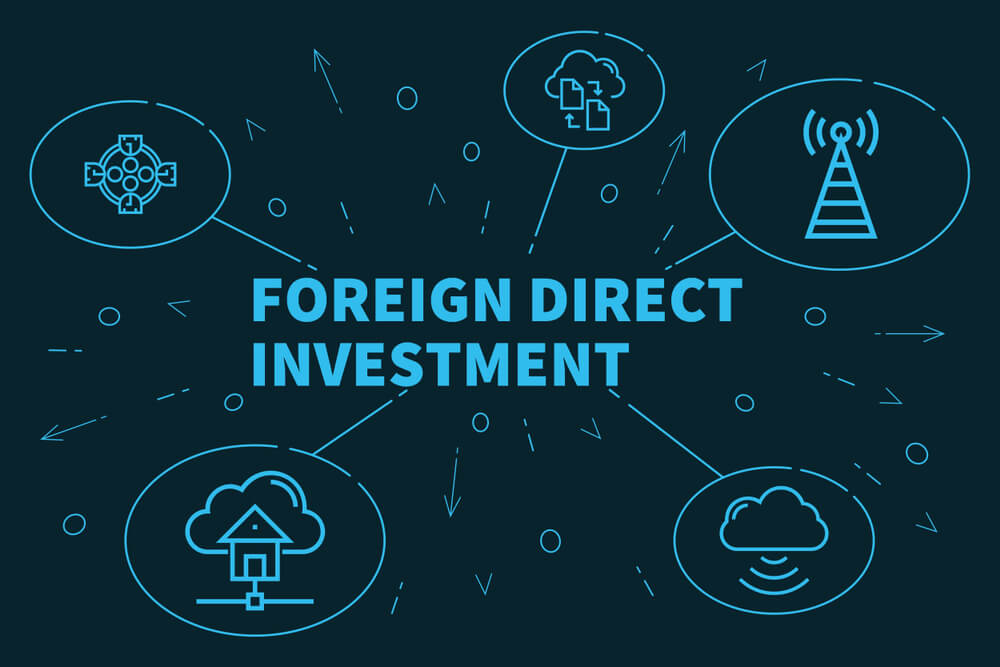STEM is a big deal these days in both the developed and developing world. Growing economic giants use it as a measuring stick of their success whilst already established metropolitan powers enthusiastically compete to maintain their edge.
An acronym for Science, Technology, Engineering and Mathematics, STEM can effectively make or break a successful modern economy. With that in mind, where then does the Caribbean stand in all this?
Moreover, what can the region do to cash in or consolidate a strong, comprehensive focus on STEM fields? What avenues can we pursue and is foreign direct investment a viable option in the matter? All these things will be the focus of today’s piece as we delve into this nuanced topic.
Foreign Direct Investment in STEM
For one, the avenue of foreign direct investment seems a bittersweet path given the current economic landscape. Slowed growth in many powerful economies naturally means greater caution when indulging in entrepreneurial ventures. However, in a time of sinking commodity prices, a move away from resource dependency as one’s economic foundation can easily become a saving grace. Furthermore, those already experienced and steeped in managing FDI could quite realistically build on that, creating a launching point for more complex economic activity.
For example, according to a piece by the Trinidad Guardian, half of the foreign investment that occurs in the Caribbean does so in Trinidad and Tobago, despite the overall magnitude of such investment having decreased in recent times.
Given its industrialized nature and energy-driven economy, much of this investment is heavily centered on these sectors.
The objective, therefore, is to create an atmosphere where a robust variance of enterprises would look to the twin-island state as a lucrative area for investment.
This is now more than ever an imperative goal given the fact that, between the final quarter of 2015 and early 2016, many foreign investors have signaled a desire to either cut back or pull out altogether ranging from steel producers to oil and gas giants like BP.
Indeed, if TT, or any other Caribbean economy for that matter, finds themselves overly reliant on FDI in a single economic sector they risk creating a future quagmire such as that experienced by Costa Rica when Intel decided to cut over 1,500 jobs and shutter facilities, greatly minimizing what was once a defining presence in the Central American nation’s economic image.

The entire affair served as a bitter reminder that FDI is, in essence, a double-edged sword. At the end of the day, such an economic philosophy rests on the whims of private, profit-driven enterprise in an atmosphere where cost, time, productivity and profit maximization are key areas of focus. Therefore a host nation is not only tasked with attracting such firms but also maintaining their presence, something is proven to be extremely difficult in the event of volatile global markets. Yet ironically, TT’s already industrial nature means that attracting tech and IT firms like Intel for manufacturing plants and the like would be the easiest initial venture. It is in this regard that a holistic focus on STEM may save the day.
For example, one may begin by attracting technology firms for manufacturing but rather than end things there, a concerted attempt to string in other firms should be initiated. Consider inviting corporations that engage in scientific and medical research as well as engineering and development firms. Does the thought of small islands shaping themselves into modernized beacons of technological development seem far fetched?
Brain Drain in the Caribbean
Well, it shouldn’t because if it’s one thing the Caribbean can boast of is its intellect and skilled citizenry. After all, if that weren’t the case then it wouldn’t be suffering an almost debilitating brain drain as people seek better opportunity in more developed countries.
Said brain drain is something that needs to end as any foray into STEM fields makes it tantamount that we both nurture and preserve our intellectual potential. Doing this, particularly when facing a cash-strapped economy, would surely be a challenge and may better serve as a mid to long-term goal rather than an immediately achievable one. Regardless, ICT (Information and Communications Technology) development serves as a basis for many developed and strong economies, particularly those not immediately blessed with mineral resources such as some of the Scandinavian nations and Asian powers like Singapore. It is with these realities in mind that we can then proceed to etch out a rough roadmap of what a probable STEM initiative could develop into.

Additionally, these suggestions won’t exclusively apply to an industrialized territory like TT as; they should be flexible and accommodating, therefore rendering them applicable in different specific Caribbean contexts. After all, being relatively small economies, it may even be in the region’s best interests to modernize as a cohesive or at least cooperating unit, possibly granting the ability to better compete with larger markets and economies of scale. Consider a future where CARICOM goes beyond economic cooperation into the realm of STEM cooperation in fields such as medical and other scientific research. Not only could this make the region a modern leader in the developing world but great benefits to the general quality of life would also be obtained. Thus, it is with these things in mind that we’ll continue next time by giving more specific detail regarding strategies, potential policy changes and the particular STEM fields that regional territories can direct energy towards.



















